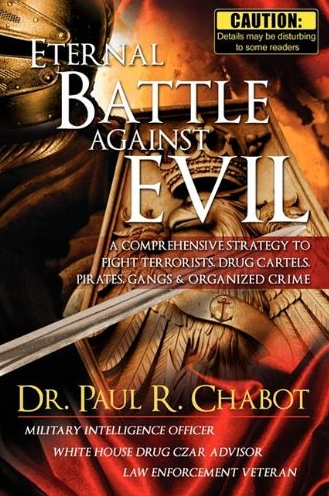… but now he’s getting Arne Duncan, the Secretary of the Department of Education, to do it as well.
Deputy Director David K. Mineta announced at the ONDCP “blog” that Drug Czar Gil Kerlikowske and Secretary Duncan were reaching out to college and university leaders to prevent “illegal drug use” and “high risk drinking.”
Notice that the request is not about “high risk drug and alcohol use.” That would certainly be an appropriate goal. No, it’s really about high risk alcohol use and any marijuana use.
Why? Certainly yes, the government would want universities to not allow illegal drug use. But to specifically target, beyond it’s illegality, extra efforts to stop use in one area and abuse in another?
The answer is in Mineta’s post. The 2011 National Drug Control Strategy includes a goal of “reducing illegal drug use by ten percent within five years.” Not drug abuse. Not problem drug use. Simply drug use. And the only way to get that kind of numbers it to try to go after the non-problematic casual recreational use by young people, particularly if you can get college administrators to help you with enforcement.
So this effort is not a high-minded effort to help college students with real problems, but rather to a large extent a self-serving method of playing with numbers.
So let’s take a look at the letter sent out today by Gil Kerlikowske and Arne Duncan.
A lot of re-stating the key terms…
Illegal drug use and high-risk (binge, heavy, and underage) drinking affect every aspect of society vital to winning the future, including educating our youth and developing a competitive workforce for the new economy. […]
Together with our interagency partners, the Office of National Drug Control Policy and the Department of Education are working collaboratively to prevent illegal drug use and high-risk drinking in our Nation’s college and university communities.
Then there was some discussion of academic consequences of drinking, followed by this note regarding marijuana:
Additionally, a study found that college students who used marijuana were more likely to put themselves in physical danger when under the influence, experience concentration problems, and miss class.(3)
That interested me, because I hadn’t heard this one before – that college students who got high on marijuana would put themselves in physical danger. What did that mean? It made sense for alcohol use, but marijuana?
So I went through my university library and found the referenced study: (3) Sullivan, M., & Risler, E. (2002). Understanding college alcohol abuse and academic performance: Selecting appropriate intervention strategies. Journal of College Counseling, 5 (2), 114-124.
Not a single mention of marijuana in the entire study. Nothing about stoned students in physical danger or missing classes. The whole thing was about alcohol.
Now, if a student of mine turns in a paper with a falsified citation, it’s not going to help their grade very much.
So how will university presidents grade the Drug Czar and the Secretary of Education for doing it?
…..
Update: Interestingly, there’s a petition at the White House dealing with Drug Czar lies…
Eliminate or Reform Departments whose Officers are Required by Law to Lie to the American People.
In a time of astronomical deficits, departments that are required by law to LIE to the American public should be reformed or eliminated.
The director of the Office of National Drug Control Policy (ONDCP), aka “The Drug Czar,” is one such position. […]


